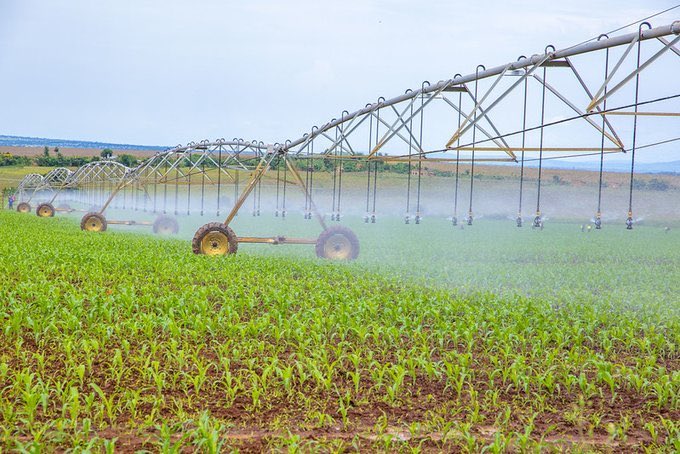|
Getting your Trinity Audio player ready...
|
Writes Prof Ereck Chakauya (SANBio Network Manager)
The African Union theme of 2025 of “Justice for Africans and People of African Descent Through Reparations” at an opportune time when Africa is trying to take its rightful position on negotiating on several issues including climate reparations, addressing land ownership imbalances, accounting for cultural artifacts that were illegally shipped from the mother continent. Most importantly, the continent has to seriously look at reparations as they pertain to science, technology, and innovation (STI) funding.
Certainly, the continent has lost significantly to other regions in terms of mineral resources, brain drain and shouldering the impacts of climate change. Reparations can be seen as a means to address historical injustices and promote equitable development, including in the realm of STI.
A key aspect is climate justice as reparations. Africa, despite contributing minimally to global greenhouse gas emissions, bears the brunt of climate change’s adverse effects. Africa’s contribution to greenhouse gas emissions is relatively low compared to the West. The continent’s per capita emissions are among the lowest globally, with Africa as a whole accounting for only about 3-4% of global greenhouse gas emissions.¹ Developed countries, have historically been responsible for the majority of greenhouse gas emissions, with the United States, Europe, and other developed regions accounting for around 70-80% of global emissions.
Unfortunately, Africa is disproportionately vulnerable to the impacts of climate change, with rising temperatures, changing precipitation patterns, and increased frequency of extreme weather events. Africa’s temperature has risen by about 1°C since the late 19th century, with some areas experiencing increases of up to 3°C. On precipitation, it is predicted that there will be a decrease in mean precipitation in many parts of Africa, with increased frequency and intensity of droughts and heavy rainfall events.
Furthermore, extreme weather events are expected more frequently including severe heatwaves, floods, and droughts, which can have devastating impacts on human health, food security, and economic development.² Economists estimate that the economic costs of adapting to climate change in Africa can be around $30-50 billion per year over the next decade, and a climate-related disasters are estimated to cause losses of up to 2-5% of Africa’s GDP.
Having said that, it is clear that within the conversation of climate justice and reparations, industrialized nations may have to provide reparations in the form of climate financing, technology transfer, and fulfillment of commitments like the Green Climate Fund replenishment and the Loss and Damage Fund establishment.
Furthermore, it is common knowledge that the economic disparities between Africa and the Global North stem from colonial powers’ wealth accumulation through resource extraction. Until today, multinational corporations continue exploitative practices, particularly in extractive industries. Economic reparations must include fair trade practices, corporate accountability, and investments benefiting African communities directly.
Maybe the reparations should include investments in education, science, technology, and innovation. This can help bridge the knowledge gap and promote Africa’s development. Industrialized nations can provide reparations by transferring technology and building capacity in African countries. Support for African-led research and innovation initiatives can also help address Africa’s specific challenges and promote sustainable development.






